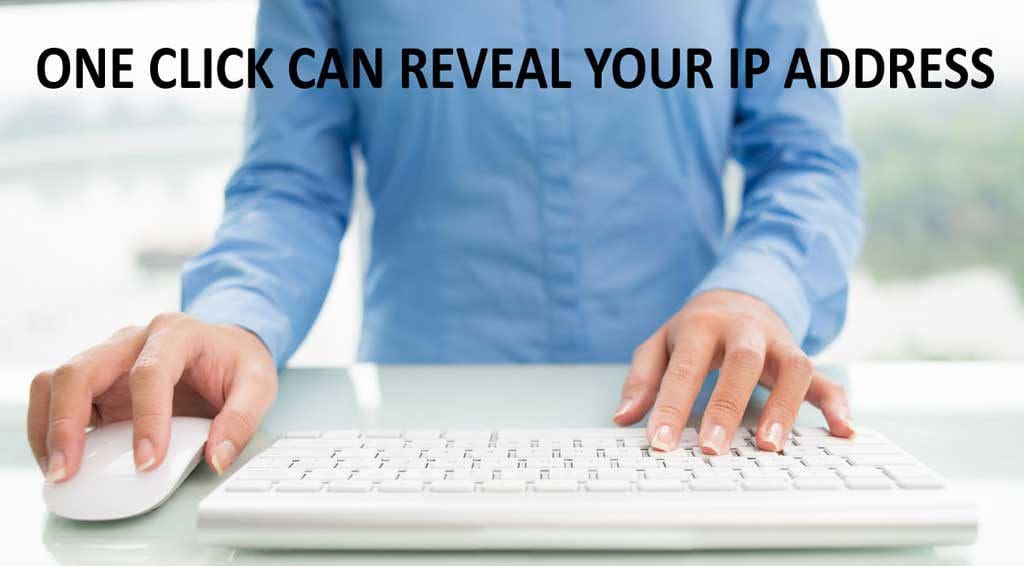With small businesses, everything is personal. Small business owners put their life savings and other material and human resources into making their business succeed. However, an often overlooked area is cybersecurity, and we don’t mean high-tech gadgetry. We mean simple steps that one can take to protect company data and ensure smooth, day-to-day operations in a digital (and sometimes dangerous) world.
Here are 5 simple things you can do as a small business owner:
1) Keep Software and Hardware Updated. Your laptop/PC, along with your mobile devices, are arguably your most important tool, regardless of your trade. It doesn’t even matter whether you engage in e-commerce or are purely brick and mortar – these devices keep you connected and organized. So, it’s a no-brainer to make sure that your hardware/firmware is updated for optimal speed and performance. The same principle goes for what’s “under the hood” – your software. Whether it’s your QuickBooks or antivirus software, make sure you install the latest updates and patches to prevent your system from crashing or falling victim to cyber attacks.
2) Use an Offsite-Online Backup Service. By now, you should have a system for regular computer backup, even if it’s only a thumb drive, in case of computer crash, a virus or ransomware. However, as good as onsite backups are for quick recovery, it won’t help you in situations like fire, theft, flood or loss. Cloud-backup services, also known as online-backup services, provide an offsite repository for your files. Cloud-backup services aren’t the same as online-syncing services like Dropbox, Google Drive, iCloud or OneDrive. An online-syncing service creates a cloud-based mirror of a specific set of files on your device and pushes out identical copies of those files to all of your linked devices. Cloud-backup services like Carbonite are simpler – you can “set it and forget it.” They continuously or periodically copy all or most of the files and folders on your computer to their own cloud servers, which you can access (with the proper credentials) 24/7, from anywhere and on any device.
3) Use a Password Manager. Let’s face it. Even if it’s best practice to use a different password for all your online accounts, you probably don’t do it. That’s because it can be nearly impossible (and a big pain) to have to remember all of them and for the correct online account, especially since some accounts require you to change passwords every six months. Writing all these passwords down or letting your browser save them for you isn’t secure or advisable. The best solution is to use a password manager (such as LastPass, Dashlane, or 1Password), a program that generates strong passwords using a combination of letters, numbers and special characters. Once you’re logged in, the program will automatically fill your username and password each time you visit a site that requires them, taking the pain of having to guess the right one every time. Some password managers store your encrypted login info on your hard drive, while others will upload your details to their own servers, allowing you to access them from any linked device.
4) Enable “2-Factor Authentication” Where Possible. A lot of our everyday online habits – using the same password on more than one site, downloading files and apps from the Internet, and clicking links in email messages, etc – put our proprietary and personal information at risk. A 2-Factor Authentication (2FA) system (which many websites offer) helps keep the bad guys out, even if they have your online passwords. This is more than protection against hackers. Companies with high employee turnover rates or even disgruntled employees can benefit from having this extra layer of protection.
5) Use a VPN Service When Out of the Home or Office. Even though Virtual Private Networks (VPN) has been around since 1996, only 1 in 4 people around the world use a VPN. As a small business owner, protecting your company data and identity over public networks (such as internet cafes, airports, hotels and other Wi-Fi hotspots) should be of utmost importance. Traveling for business and working remotely out of the home or office is becoming the norm in today’s business landscape; but that doesn’t mean that we should forego security, especially when the cost of using a hack-proof VPN network is the price of a few coffee cups a month. Additionally, a VPN increases a company’s productivity by giving its employees the ability to share and access files remotely on the network from any place in the world. One of the easiest VPN hardware solutions is a product available from Keezel.
Did You Make the Grade?
How did you measure up against this cybersafety checklist? In today’s world, it’s important to have a passing, if not a perfect, score.
If you aren’t up to speed in any of the above categories, make the necessary changes to stay ahead of those folks who are looking to disrupt your network and business.













